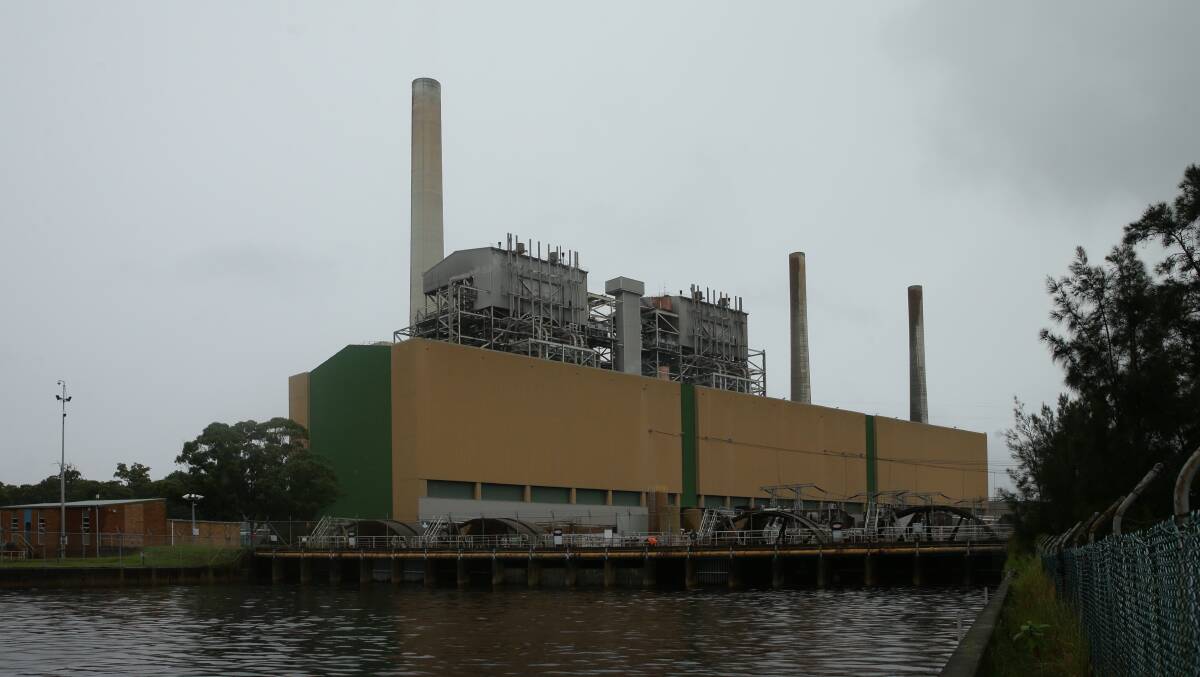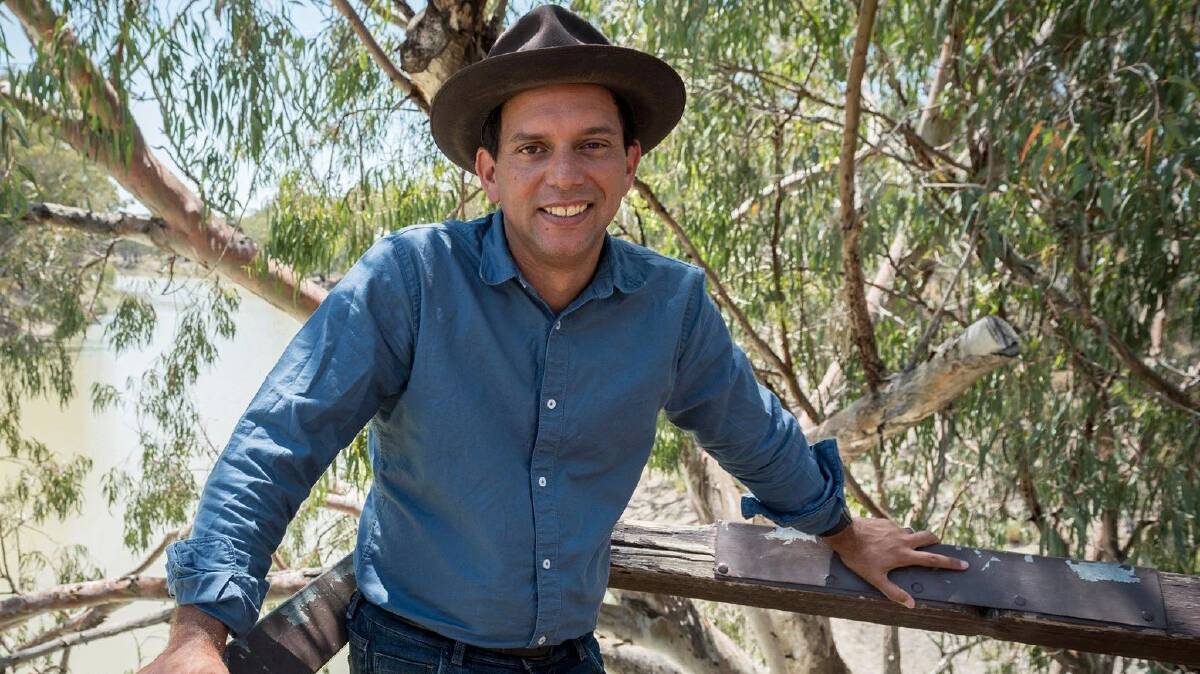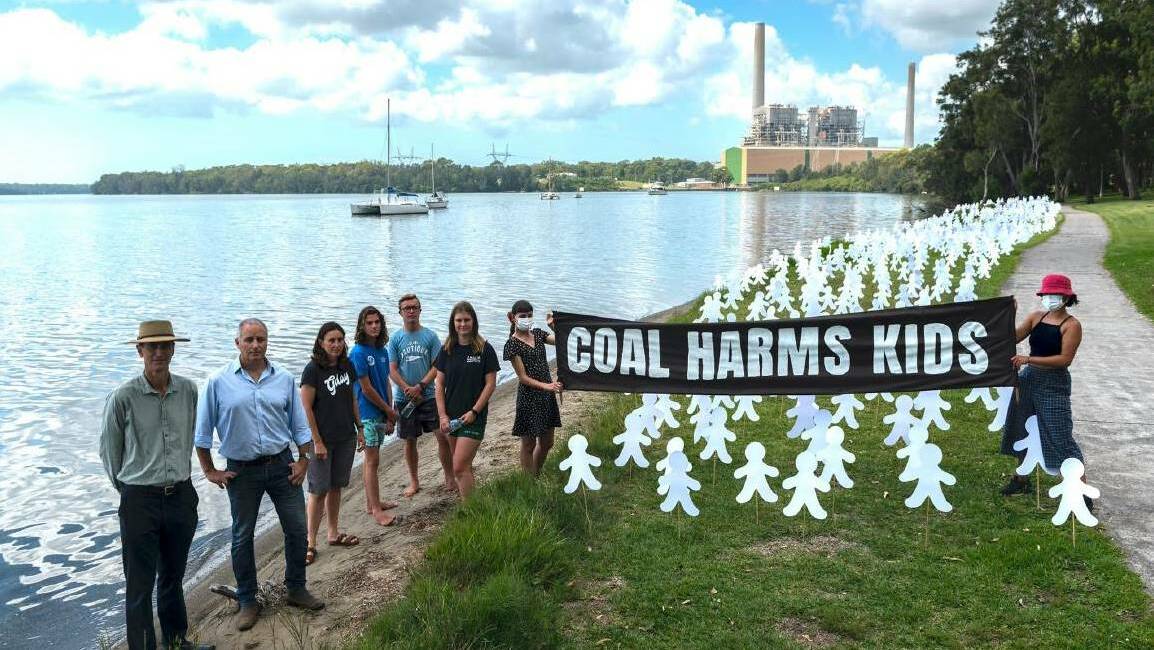
Environment groups have challenged the legality of a pollution licence variation provided to Vales Point power station.
Subscribe now for unlimited access.
$0/
(min cost $0)
or signup to continue reading
The variation tightened previous licence conditions but still permits the station to emit up to 850mg of nitrogen oxides per cubic metre 99 per cent of the time. For 1 per cent of the time it can exceed that and emit up to 980mg a cubic metre.
Without this variation, the maximum the station would ever be permitted to emit is 800mg a cubic metre.
Environmental Justice Australia lawyers representing the Nature Conservation Council and Australian Conservation Foundation have written to the EPA alleging that Delta failed to meet its deadline to submit the application for the variation.
An EPA spokeswoman said the authority was considering the information submitted by EJA and would respond as soon as possible.
But Delta company secretary Steve Gurney described the claims as "baseless and incorrect"
"Contrary to the assertions EJA, NCC and ACF, Delta's Licence Variation Application was submitted on time, with Delta actually approaching the EPA more than 12 months before the licence condition expiry date on 31 December 2021," he said.
"The Clean Air Act requires applications for a variation be submitted no later than 12 months before the date on which the current variation expires with Delta submitting its application on 23 December 2020."
"The decision by the EPA in December 2021 represents the outcome of a 12 month process that has required extensive air modelling, community consultation and technology studies."

Environmental Justice Australia has not indicated how it intends to pursue the issue, however, one possibility is that it could seek to have the exemption overturned in the Land and Environment Court.
Nature Conservation Council Chief Executive Chris Gambian said the group was determined to ensure the state's environmental laws were upheld in every instance.
"It appears the state's environmental watchdog has failed to uphold important laws in relation to the issuing of the Vales Point air pollution licence, which is why we are asking the EPA how it intends to remedy the situation," he said.
"This is a very important principle that must be upheld, not just to protect the health of people on the Central Coast, but for all communities living in the shadow of highly polluting industrial facilities in NSW.
"We have always been prepared to work with the EPA to find practical solutions that uphold the law and defend the rights of people to breath clean air, and will continue to do so."

Australian Conservation Foundation clean energy campaigner Suzanne Harter said: "This special pollution allowance for Delta Electricity's dirty coal plant is not in the best interest of the local community or the natural environment,"
"Keeping health-impacting pollutants within legal limits is the EPA's job. It has failed to do so and therefore, it should rectify the situation immediately."
IN THE NEWS:
Our journalists work hard to provide local, up-to-date news to the community. This is how you can continue to access our trusted content:
- Bookmark: newcastleherald.com.au
- Download our app
- Make sure you are signed up for our breaking and regular headlines newsletters
- Follow us on Twitter
- Follow us on Instagram
- Follow us on Google News


